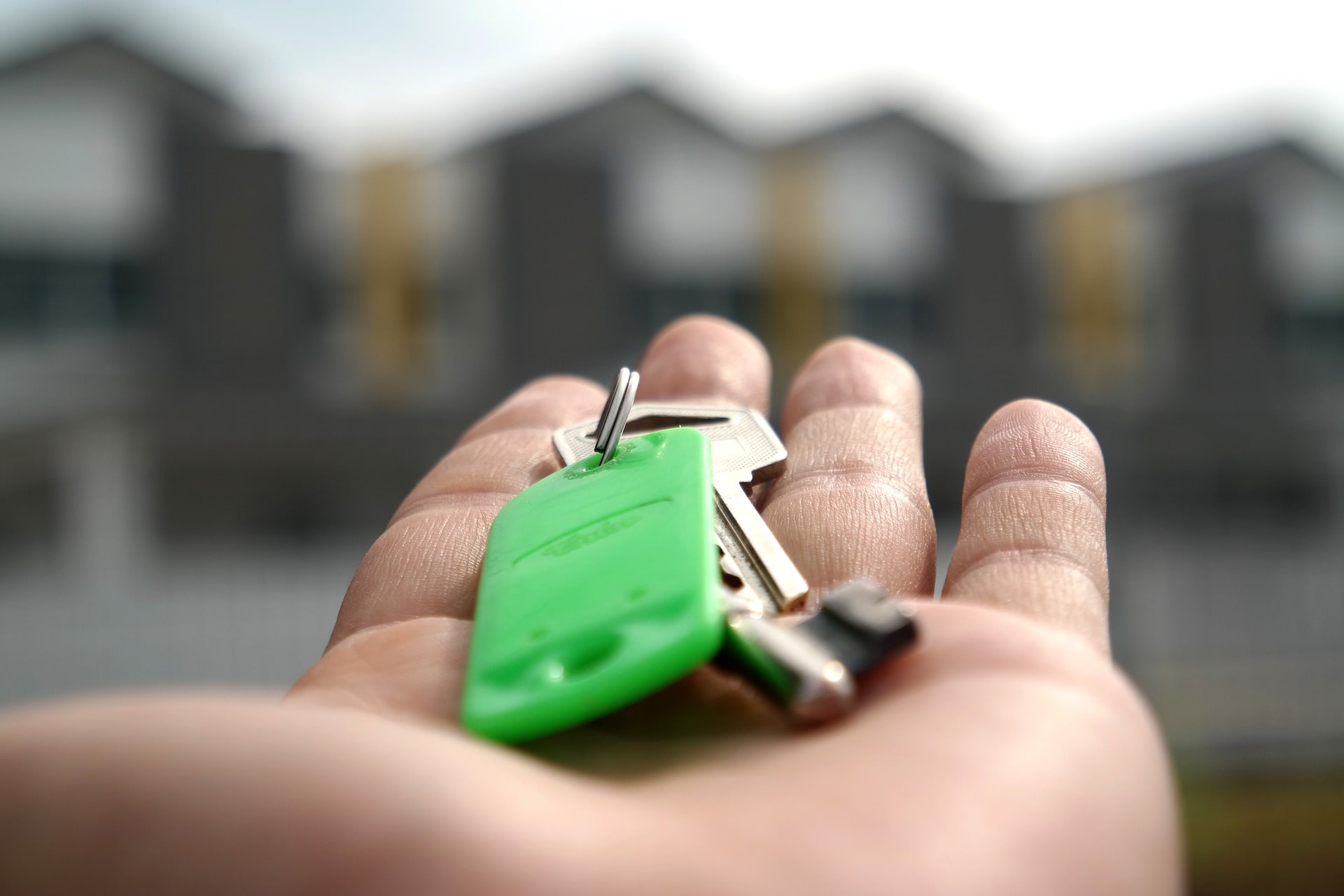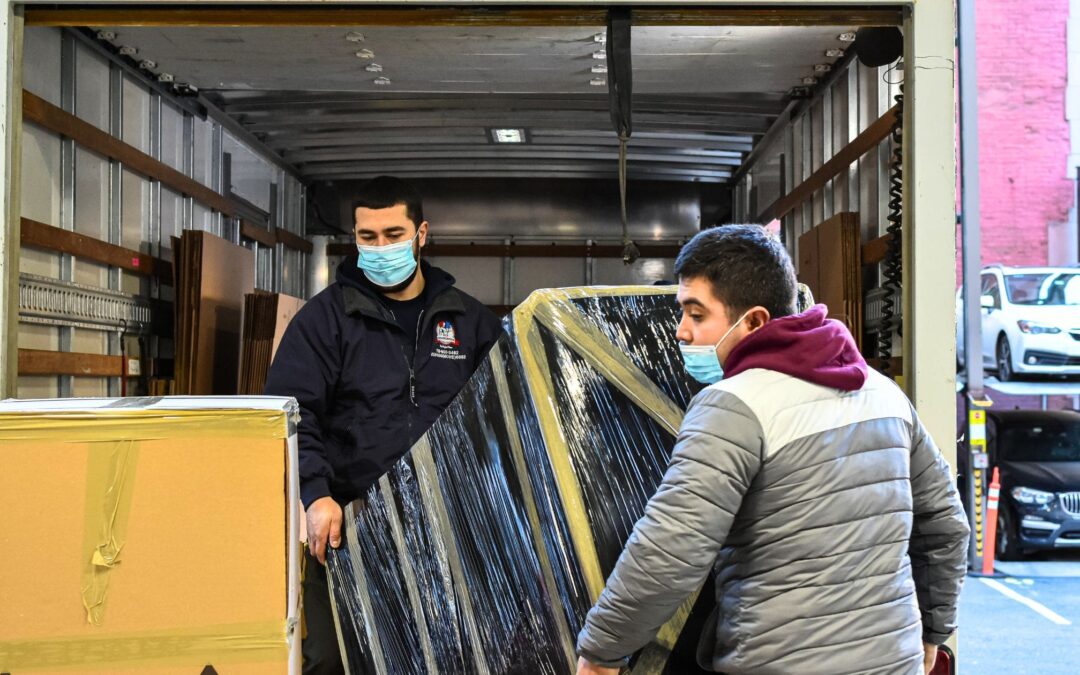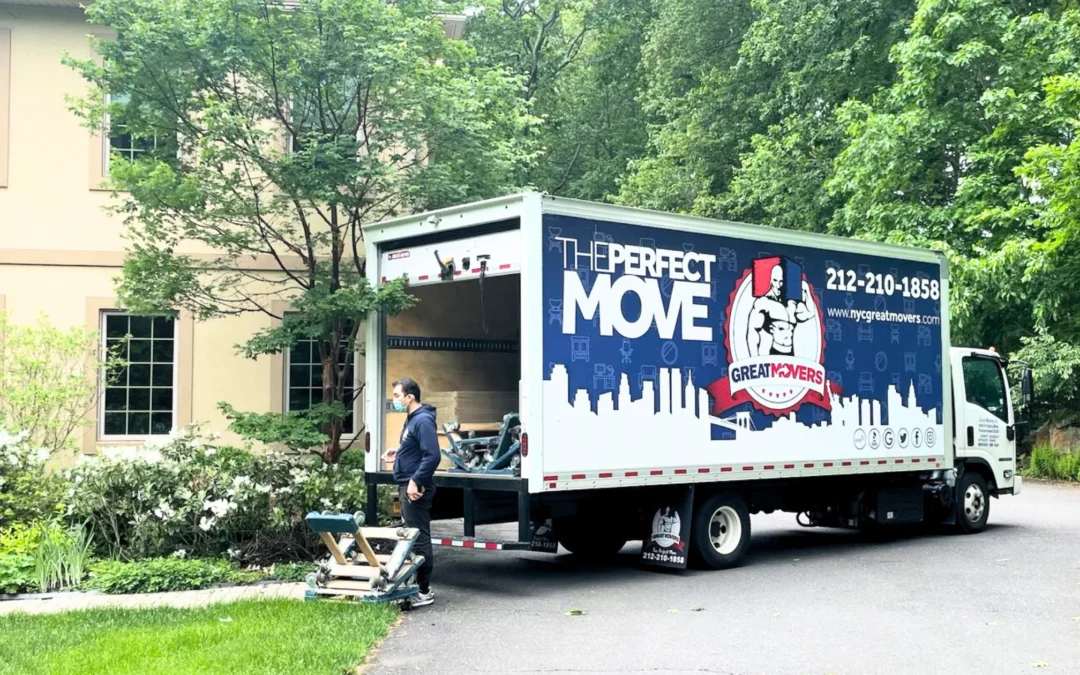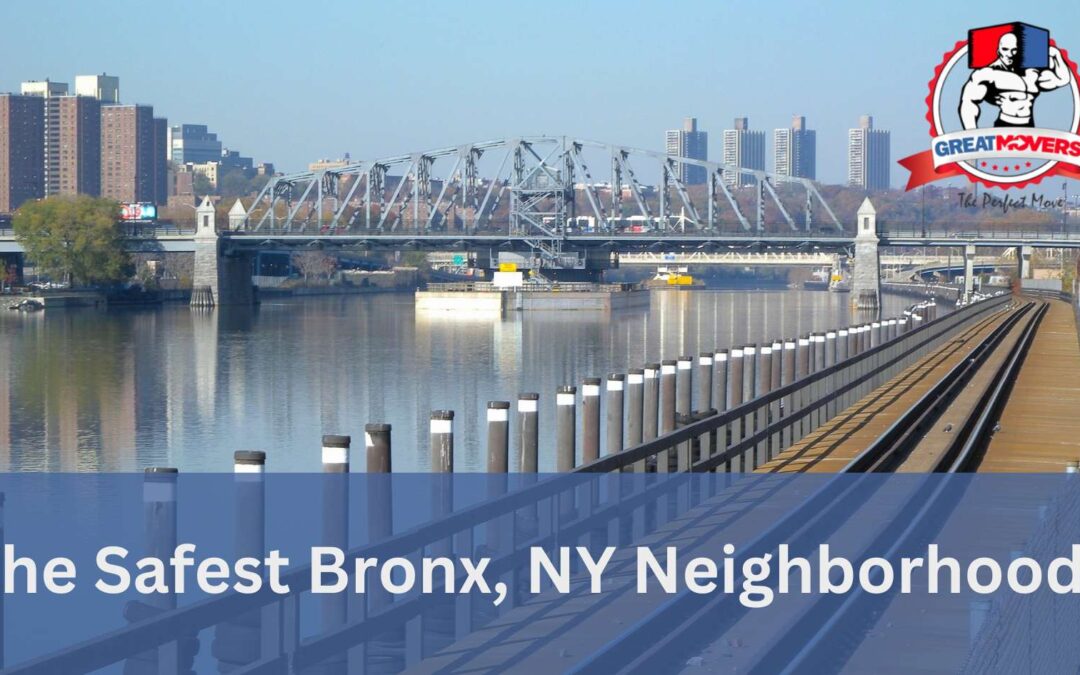Moving to NYC is a stressful experience, especially if it’s your first time renting. There’s a lot to consider and research so by the time you get the lease you might be tempted to just skim it. After all, it’s all the same, right? Wrong! There’s a lot of important information in your lease and since this is a legally binding document, you’ll need to take the time to read it over very carefully. Most NYC apartment leases last for about a year and every detail can affect your daily life. From pets to parties, you’ll want to carefully read over the document before you sign. More importantly, there are bad actors out there who will sneak in some hidden fees or tricky language that can lead to serious issues in the future.
Yes, it can be daunting to read over a lease, especially if you don’t speak legalese. However, there are a few things you should keep a special eye out for. If you have any questions, ask the broker or landlord to clarify before you sign. This way you can avoid any confusion in the future. Don’t worry about taking your time. If the landlord or broker tries to rush you, consider it a red flag that there might be some hidden language in the lease. If you don’t know what to look out for, ask a parent or friend for their feedback.
Below are a few things to look out for when signing a lease,
Rent Amount and Due Date
You decided to put a deposit on an apartment for a variety of reasons, but certainly one of the reasons was because it was within your budget. If the rent is $1,600 but you see that the lease says the rent is $1,700, ask. It might be a mistake or it might be that the broker forgot to mention certain fees such as for pets or amenities. The listing price on the ad might also be a ‘net effective’ price if they are offering a month’s rent for free. A word of advice: don’t give suggestions as to why the rent on the lease is different from the original listed price. Let the broker or landlord explain it to you. From there, you can decide whether their explanation makes sense. If it doesn’t, don’t be afraid to walk away! You don’t want to get stuck paying more than your budget can handle.
On the topic of rent, make sure to check when rent is due. While it will usually be on the first of the month, that’s not always the case. Some places will expect rent payments on the 15th. If you don’t see the information on the lease, ask and make sure that it is added to the lease. Otherwise, they might try to demand payment at random times! You should also check whether there’s a grace period before they consider rent late and see how much they charge for late payments. Some places might not have any grace period at all.
Another important thing to consider before signing the lease is whether the apartment is rent-stabilized or not. Always ask during the initial process and if it is, make sure that it is spelled out in the lease. If the lease doesn’t mention rent stabilization, ask about it. The biggest benefit of living in a rent-stabilized apartment is that the building manager and/or landlord can only increase the rent by a certain percentage if you choose to renew.
Terminating and Renewing
More often than not, a lease will end on the date stated on the lease. But that’s not always the case. Some leases might automatically renew unless you give the landlord or building written notice. So make sure to see what, if anything, you might need to do if you plan on moving out when the original lease’s terms are up.
Speaking of termination, you might need to break your lease early for a variety of reasons so make sure you look for an early termination clause. Some places might allow you to pay an early termination fee, which is typically two months’ rent. If you don’t see anything, ask. In most cases though, you’ll be on the hook for rent until the end of your lease or until the landlord re-rents. That’s why it’s important to consider your options carefully before you sign anything.
If you know you plan on spending more than a year in the apartment, see if you can negotiate rent increases for the second and third years. This way you know you’ll be locked into a reasonable rate. Some places might even allow you to sign longer leases if you ask! Even if they don’t allow for a multi-year lease, most want to keep good tenants so they might be more open to a longer lease once you have proven yourself during the first year.
Subletting
There are a lot of reasons why people sublet their apartments. Maybe they need to take an extended work trip or maybe they are traveling abroad for a few months. Either way, they’re going to be away from their apartment for an extended period of time. Rather than stress about having to pay exorbitant rental fees, many people sublet their apartment to a short-term renter. If you think you will find yourself in a similar situation, you should check your lease for any subletting clauses.
Most standard leases require landlord approval to sublet, however, they can’t withhold consent for no reason. If you’re planning on leaving your apartment early and handing it off to another person, this is called an assignment, not subletting. In this case, the landlord can refuse an assignment, but if they do you can cancel the lease. When it comes to roommates or significant others, you are allowed to have one additional occupant living with you even if they aren’t on the lease. With that said, if you already plan on having a roommate or significant other move in with you to your new apartment, ask the landlord for permission beforehand.
Pets
Having a pet is a joy, but it’s not always feasible especially if you plan on renting in NYC. Many apartments do not allow pets and some buildings have certain restrictions. If you have a pet, you’re basically increasing the difficulty of your rental search. In most cases, it’s easier to find a place that allows cats and other small animals over dogs. Even places that do allow pets may require an initial pet deposit or extra monthly payment to cover any potential damages your pet might cause. These can range from $50-$200 per pet. Your lease will lay out the exact pet policy so read it carefully if you already own a pet.
There might be times when you don’t start off with a pet, but you decide later on you want to have a companion. If you decide to bring a furry friend into your apartment, make sure you alert your building. So long as pets are allowed in the building and you follow the rules, everything should be fine. Remember that cute puppy will grow up to be a dog. If your building has weight restrictions, you’ll need to take into account their final weight not their initial one. And, if you have an emotional support pet or service dog, you are allowed to have them in your apartment regardless of what your lease says. You will just have to present the appropriate paperwork.
Utilities
One of the most common questions landlords and building owners hear is if utilities are included in the rent. For most New Yorkers, heat and hot water tend to be the two things tenants don’t need to pay for with the notable exception being electrical heating. While rare, these buildings do exist. In this case, since the heat is connected to your electricity bill, you will have to pay for heat. This could significantly increase your electricity up to $200 or even more depending on how cold those New York winters are. If the listing doesn’t mention electrical heating, take a look at the apartment and look for radiators or metal baseboards. If you’re still not sure, ask.
Outside of heat and hot water, you’ll generally be responsible for everything else including:
- Cable/internet – make sure to call the cable company to get your account set up
- Electric and gas – these usually aren’t included in the rent, though some small landlords might include gas if the meters aren’t separated between tenants. With that said, you will generally have to pay these out-of-pocket. You will need to call up Con Edison and let them know to set up your account
Your lease will outline what utilities are included in your rent. Once you are living in the apartment, it’s important to know your rights. NYC has something called ‘Heat Season’ which runs from October 1 to May 31. The NYC Heat Law states that you are entitled to have your apartment kept at certain temperatures during this season. It’s generally 68 degrees during the day if it is below 55 degrees outside. At night (10pm-6am), it is 62 degrees regardless of the outside temperature. This is not something that will appear on your lease as it is an NYC law. If you’re having consistent issues with heating and hot water, you can sue your landlord if it’s a constant issue. Just make sure to keep a paper trail of your communication. It might be tempting to withhold rent, but it can lead to serious financial ramifications.
Sign the Lease
Once all your questions have been resolved and you feel comfortable, it’s time to sign the lease! Make sure you receive a copy of the lease after signing so you can reference it in case something comes up. You might not receive the keys immediately upon signing, but you should get them within a few days. Congratulations! You are now a proud NYC renter.
While the renting process doesn’t necessarily get better, it does get easier as you get more experience. Even if you’ve rented dozens of apartments in the city, you should still take the time to read over the leases carefully each time you move so you don’t end up in a difficult situation. Once you’re ready to move, contact some NYC movers for a stress-free moving experience.
FAQ
Do I need to get renter’s insurance?
That’s completely up to you. They landlords insurance does not cover their tenants. So if you have a lot of expensive items, you’ll need to get your own renter’s insurance to protect against fire, theft, and water damage. Some renter’s insurance also roll in liability insurance so if you accidentally start a fire or let a tub or sink overflow you’ll be protected.
Can I paint my apartment?
Most buildings allow their tenants to paint the apartment as long as they paint it back to the original color (or at least close to it) before they move out. You can always ask the landlord/building manager if you have any concerns.
Can I install an AC Unit?
Yes, most places will let you install an AC unit, but you might be limited to how many you can install and where. You cannot install air conditioners on the fire escape for example. In some cases, you might need to hire someone to install it for you. Ask your landlord or super if it’s not spelled out in your lease.










